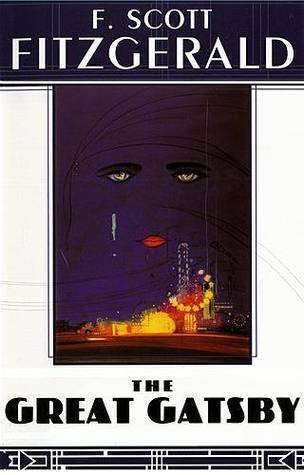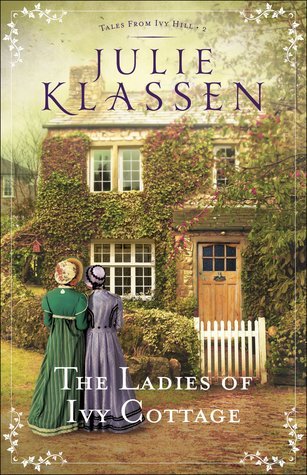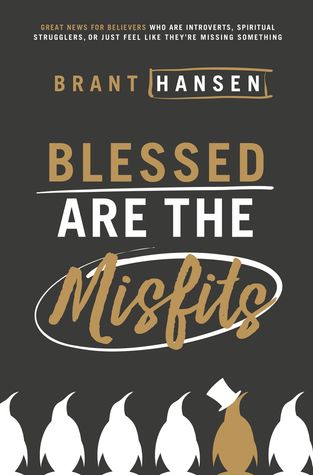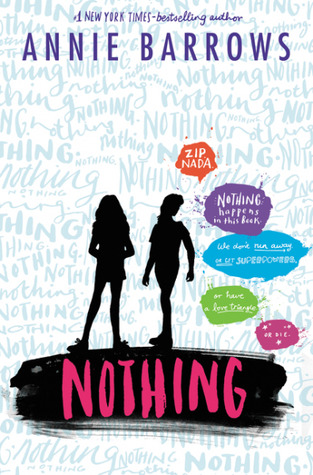"The first rule is that you don't fall in love, ' he said... 'There are other rules too, but that is the main one. No falling in love. No staying in love. No daydreaming of love. If you stick to this you will just about be okay.'"
A love story across the ages - and for the ages - about a man lost in time, the woman who could save him, and the lifetimes it can take to learn how to live
Tom Hazard has a dangerous secret. He may look like an ordinary 41-year-old, but owing to a rare condition, he's been alive for centuries. Tom has lived history--performing with Shakespeare, exploring the high seas with Captain Cook, and sharing cocktails with Fitzgerald. Now, he just wants an ordinary life.
MY THOUGHTS:
I got a lot of good points from Matt Haig's Reasons to Stay Alive, about his personal journey through deep depression. I've discussed it in this article about Reading with Depression. So I picked this novel up with great curiosity, wondering how he'd make his wisdom shine through his fiction, as I was sure it would.
The theory behind the hero's plight actually comes across sounding quite plausible. I'm sure we've all seen true stories about children with a condition called progeria, who age rapidly. Well, Tom Hazard has the opposite condition, 'anageria'. He ages incredibly slowly, at a ratio of one year for every 15, which manifested in puberty. So although he was born in 1581, he only appears to be in his early forties. Tom is about to begin a new job as a High School history teacher, although nobody could possibly guess that he's witnessed many of the events he teaches.
 It's all kept strictly hush hush, especially by the Albatross Society headed by Hendrich, who's probably the world's oldest man. They're concerned for their own safety and their loved ones, as history hasn't always been kind to them. Anyone who comes clean, to use Tom's own words, 'is either locked away in a madhouse, pursued and imprisoned in the name of science, or murdered by the servants of superstition.' They refer to themselves as 'albas' after albatrosses, which are very long-lived birds. Normal people are 'mayflies' because our lifespan of 70 to 100 years is over in a flash.
It's all kept strictly hush hush, especially by the Albatross Society headed by Hendrich, who's probably the world's oldest man. They're concerned for their own safety and their loved ones, as history hasn't always been kind to them. Anyone who comes clean, to use Tom's own words, 'is either locked away in a madhouse, pursued and imprisoned in the name of science, or murdered by the servants of superstition.' They refer to themselves as 'albas' after albatrosses, which are very long-lived birds. Normal people are 'mayflies' because our lifespan of 70 to 100 years is over in a flash.Tom's personal background is extremely varied, and he's rubbed shoulders with many long-passed celebrities. He did a gig with the Lord Chamberlain's men playing the lute for Shakespeare's new play, As You Like It. And there was the time he joined a ship's crew for bit of colonisation, also attended by Captain James Cook.
As you can imagine, Tom considers his condition to be more of a curse than a blessing. There's the horror of always outliving people he cares for by several centuries, and he grapples with grief over human nature in general. Tom has witnessed many horrible mistakes made by mayflies who never live long enough to learn for themselves. He's seen several facts proved, disproved, and then re-proved. And every eight years, he has to completely re-vamp his own identity, as that's about the length of time it takes for others to twig that he never seems to age. What an incentive not to get hung up over yourself and your achievements.
One of Hendrich's main rules is that falling in love is strictly taboo for albas. But of course Tom does, not once but twice. First to his childhood sweetheart Rose, in the Elizabethan era, and about 400 years later, to Camille, a fellow teacher at the school where he works. There's a fair bit of glossing over, owing to the sheer scope of Tom's life, which is compressed into 325 pages. All the jumping around makes the plot feel a bit disjointed and the characterisation shallow at times. I can't shake off the feeling that the story sometimes just skims the surface of what his life would have been like, but it's all in good fun.
I had one main question. Could Matt Haig, a mere mayfly like the rest of us, pull off a character like Tom Hazard, who has centuries of experiential wisdom under his belt? It was an ambitious project, but his knowledge of history and empathetic heart helped him manage it. (At least I trust they did. A real alba might say, 'It wasn't like that at all back in the 1500s,' but I doubt Haig will be challenged.) Tom's a lot like any of us in many ways, reacting with spontaneous jealousy, annoyance or lust, as the case may be. Still, I guess we've all known 80-year-olds who react like 20-year-olds, or even 4-year-olds, so why not a 439-year-old?
He drops some intriguing lines, such as his rationale for choosing to teach history. 'It isn't something you need to bring alive, because it already is alive. Everything we say, do and see is only because of what has gone before.' Tom has more than his fair share of thumping headaches and spaced-out moments, which are side-effects of his longevity. Sometimes I thought his complaints dragged on a little too long. Come on man, we get the picture. Haven't you been around long enough to learn a little fortitude?
He makes some beautiful, lyrical reflections about the nature of music. 'It uncovers emotions that were already there, that you didn't know you had.' In his lifetime, Tom has learned to play guitar, piano, violin, lute, mandolin, cittern and tin pipe.
In typical novels there's character development, but is Tom still young enough to have anything left to learn? The answer turns out to be yes. One of his epiphanies is that the way to stop time is to treat the present as the only moment, and quit fearing the future. For someone like me, whose biggest anxieties have stemmed from dreaded anticipation, that's sound advice. Rumour has it this will be a movie starring Benedict Cumberbatch as Tom, and I'll look forward to that.
🌟🌟🌟½





























